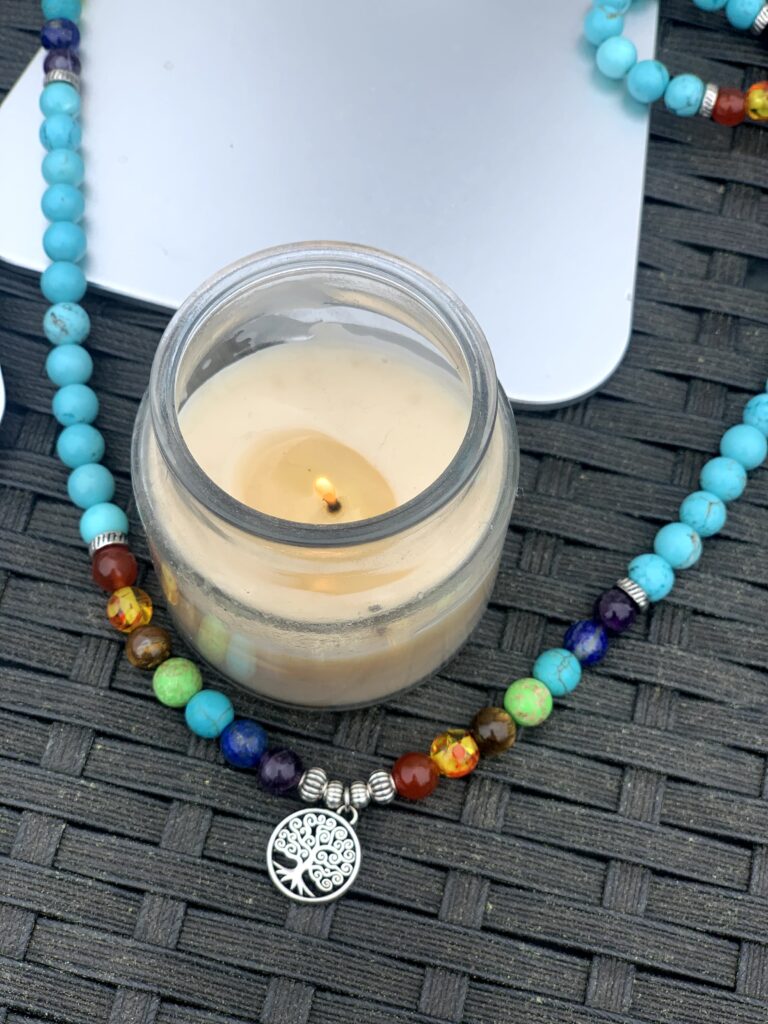Bessel van der Kolk in his seminal text The Body Keeps Score explains that any trauma we have been through gets stored in our bodies. This could be abuse and neglect from our childhood or from a relationship. This could be a traumatic event like a car wreck, losing someone we love too soon, a natural disaster, lockdown, or you know a global pandemic. In other words, we have all been through traumatic events and our bodies are holding onto that experience in some way.
We can choose to ignore those events. Move past them and say they are irrelevant and we made it through and that is what is most important, but our bodies will tell us a different story. Our bodies will remind us, in one way or another, that we have experienced trauma and that we need to heal. Because healing is hard work, many people decide to push through the signs our bodies are sending us. Signs that we need to rest. Signs that we need to be in community, real community, where we can share what we have been through. Signs that are souls are aching.
If you think physical healing is hard work, soul healing is even harder work.
Soul healing asks us to explore our deepest wounds, our wildest dreams, and our biggest hopes for ourselves and then world. Soul healing asks us to examine those voices that hurt us so badly that it changed our identities. Soul healing asks us to discover the ways religion, religious leaders, and religious institutions have caused harm or hurt and decide whether these places and people will support our healing journey.
Soul healing is so difficult because our souls are what sustain us and make us who we are. If you find yourself on a journey of physical healing, you will start to hear and feel that voice in the deepest part of your body crying out, “Let me breathe. Let me speak. Let me be.” When you find that, you have also found your first step to soul healing.
In the mist of all the trauma we have experienced individually and collectively, it is our souls that will lead us home to wholeness.

